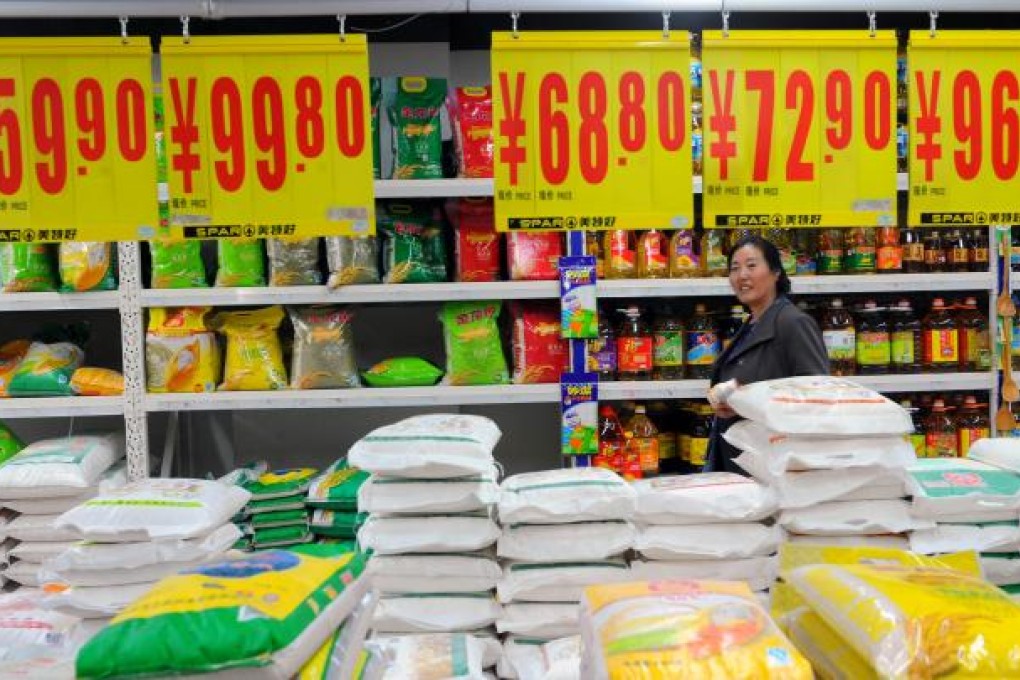Cost of living on the up in China
As cost of living continues to rise, prices of everyday items in Beijing and Shanghai exceed Hong Kong and London

The fast rising cost of living in the mainland's international cities like Beijing and Shanghai is making it increasingly hard for expats to justify the decision to live and work on the mainland.
Perhaps in no area is this more clear than in the soaring price of groceries. In the capital, the prices of most items on the supermarket shelves now far exceed the prices of similar items in Hong Kong and London, which have long been among the world's most costly cities.
A South China Morning Post survey of some commonly bought grocery items found that a 500 gram loaf of bread that sells for HK$8.60 in Hong Kong and the equivalent of HK$9.93 in London, cost the equivalent of HK$13.52 in Beijing.
Similarly, a 250 gram bag of Starbucks coffee beans cost HK$80 in Hong Kong and HK$50 in London, but HK$105 in Beijing. Across the board, imported and foreign brand items were often more expensive in Beijing, although locally produced items, such as eggs, were cheaper.
Similar comparisons contrasting Beijing, Guangzhou, Shanghai and Shenzhen, with those in New York, London and Hong Kong have increasingly become fodder for debate in recent years .
The latest annual cost of living survey by the compensation-consulting firm Mercer found Beijing and Shanghai to be pricier than New York and London. Shanghai was ranked 16th followed by Beijing at 17th, ahead of London (25th) and New York (32nd).